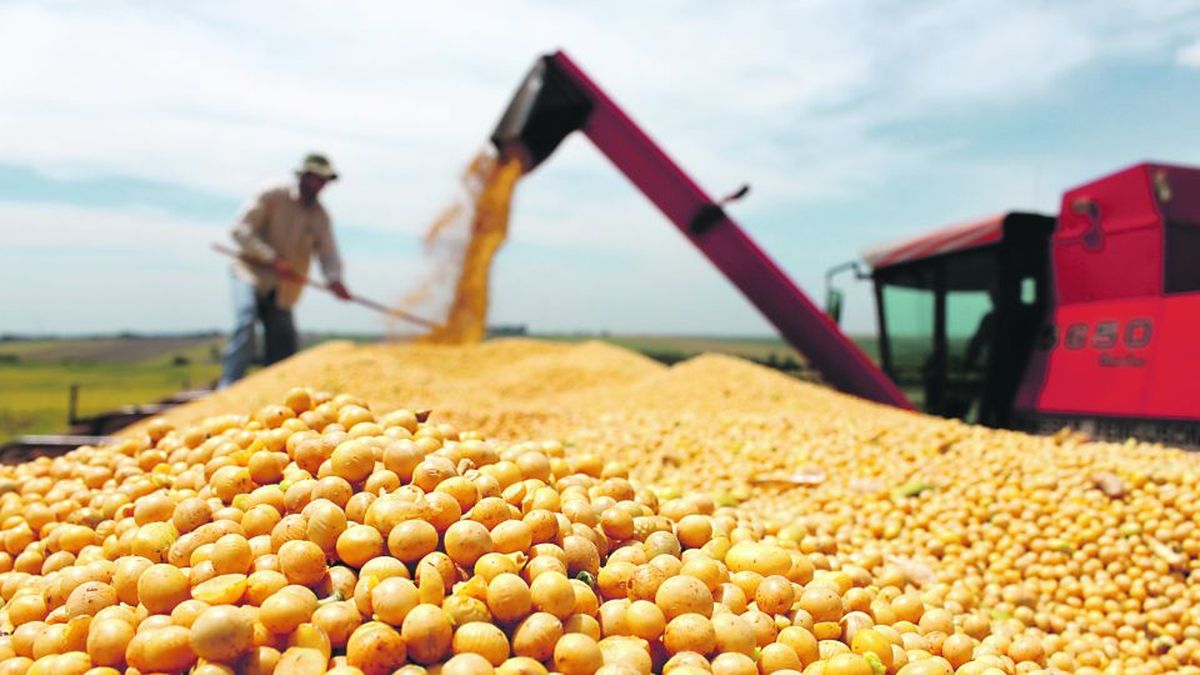According to the document, the goal is “increase controls in the export ports of the cereal-oilseed complex”. It will be through increasing “the control mechanisms in the regulated measuring instruments (scales) used in the ports, in such a way as to have greater certainty about the correct performance of the instruments used to quantify the volumes exported”. In the scales, it is verified that the volume coincides with that declared in the shipping permits.
Thus, a “surveillance plan” will be established to verify the operation of the electronic scales installed in the 21 port terminals what is in the country. The verifications will be carried out by the INTI, in 50 regulated measurement instruments, and will be implemented for a period of one year, and may be extended. As this newspaper learned, these checks on the functioning of the scales were carried out once a year, while now they can be done more frequently, either every 3 or 6 months, to verify the weighing.
Since taking office at Customs, less than a month ago, Michel has focused on grains as one of his first measures. He began to implement the mechanism of “draft survey”, through which you can also control the amount that is loaded on the ship, which led to a complaint from Ciara and a series of meetings. The export sector considers that it is a method that has higher costs, but that, in addition, it can give different to the fiscal balance, which hinders trade with the buyer.
In dialogue with Ámbito, Idígoras explained: “It is an old system, eliminated many years ago worldwide. It may happen that the balance is heavier than the draft survey, which harms the State. We argued that it was not the ideal mechanism.” Thus, in different meetings it was agreed to strengthen the current control mechanism. In any case, as this newspaper learned, in cases where there were “doubts”, the Customs will use it as a “counter-verification” mechanism.
In addition, Ámbito consulted about the political context in which this change is carried out, after the strike on Wednesday. “The measure was already planned beforehand”, said an official source, and they highlighted that it was resolved based on dialogue, with a sector that is “strategic.” In fact, the meetings, in which executives of most of the agro-exporters were summoned, took place during the last weeks. “Now the controls are going to be duplicated to verify the weighing, there are usually political questions about the lack of declaration, so it is opportune to make stricter controls. If there is someone who does that or there are scales that are not well calibrated, it is time to confirm it”, assured Idígoras.
In addition, the signed minutes anticipate that there will be new meetings to establish “additional measures to control barges with soybeans for further processing and export, coming from neighboring countries”. The cereal-oilseed sector is the main export complex: it is estimated that by 2022 around 100 million tons will have been exported to 127 markets, on 4,850 ships, for an amount greater than US$40 billion. With record international prices, Settlement in the first half was US$19,143 million, a record for the last 20 yearsaccording to the Cepa center.
Shell companies
In the last week, Customs made three complaints to 40 exporting companies in the broken corn sector. As this newspaper learned, they were “shell companies” that did not settle foreign currency at the official exchange rate, with balance sheets and authorities without the economic capacity to carry out this type of transaction. Currently, the focus is on 3% of the volume exported, given that due to the tariff position, it is the universe where the greatest number of irregularities began to be found, with settlement terms of 180 days, much higher than for other crops.
Source: Ambito
David William is a talented author who has made a name for himself in the world of writing. He is a professional author who writes on a wide range of topics, from general interest to opinion news. David is currently working as a writer at 24 hours worlds where he brings his unique perspective and in-depth research to his articles, making them both informative and engaging.




